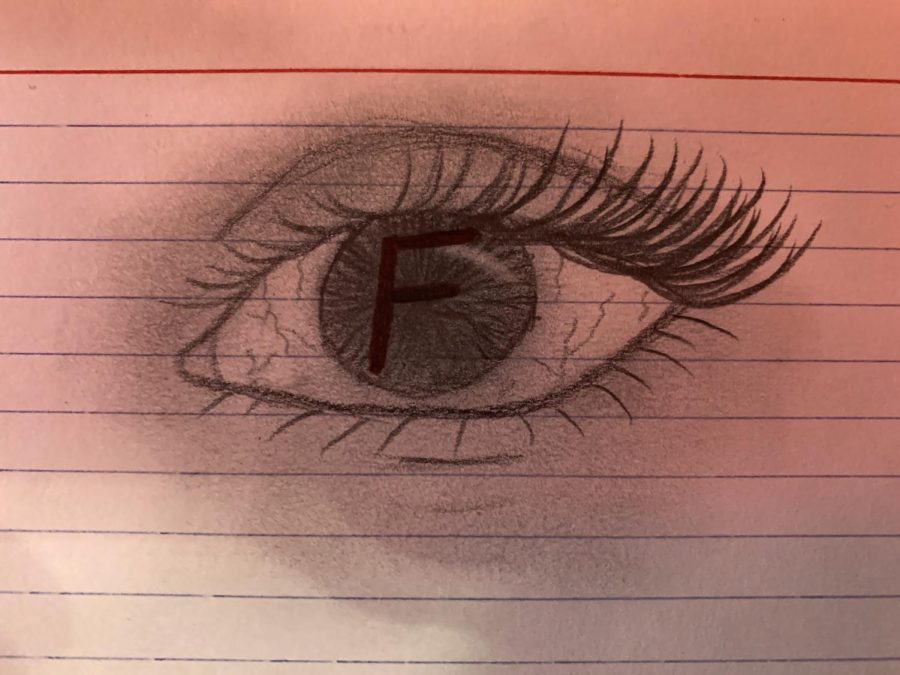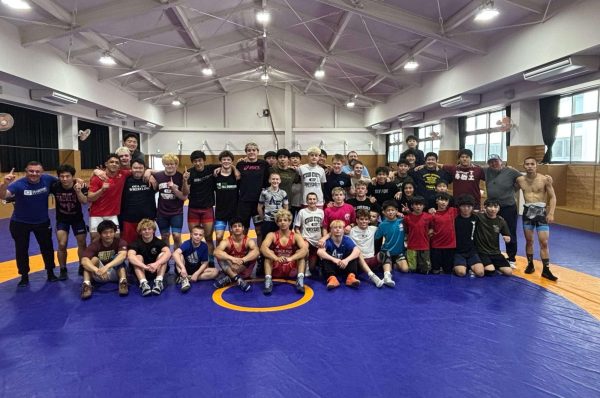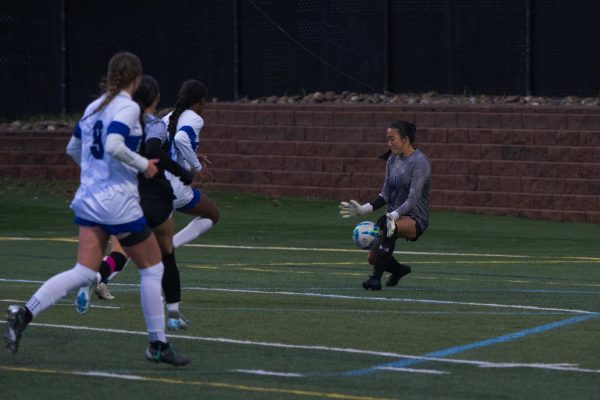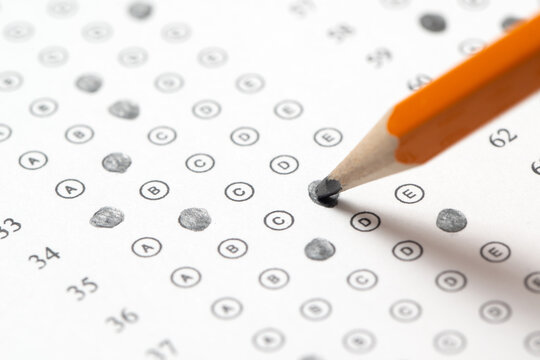The Push Towards the End: Study Tips for Final Exams
With the ho, ho, ho of the holiday season also comes the dun, dun, dun of finals week. This is where the stress level of students reaches its absolute peak.
Most students wonder if their studying will actually get them good grades on their final exams or even on regular tests. Here’s what to do when studying during finals season or even when you have a regular unit test coming up.
“I don’t think there is a worst method since studying is a very personal process, but skimming powerpoints of notes and thinking you will retain all the info probably won’t be the most useful,” senior valedictorian candidate John Lim said.
Skimming isn’t encouraged because it limits your ability to use the information you gained, especially when it comes to math. Math requires you to apply the content.
“If you are just looking at the process instead of physically working through the process, you may think that you understand what you are reading,” Grandview math teacher Kathryn Swartz said. “When it comes assessment time, you can’t remember what the correct steps are.”
With math, extra practice can be used to get a better understanding of the material. Sometimes, it is crucial to get extra practice in order to do well depending on the person or on the topic.
“The more practice you get, the easier it is to remember processes, your mental math and processes solidify, and you become more efficient with your time,” Swartz said.
While many students do it, studying at the last minute is very controversial, as its effectiveness is questioned. Because of this, it is better to avoid doing it.
“Studying last minute has the material fresh in your brain, but it does not always help keep the content in your memory long term,” Swartz said.
Holding off studying can also risk harming your actual performance on the test because sleep is sacrificed. With a lack of sleep, your brain is tired, meaning that you won’t be at your best during the test.
“It ends up being way too much to comprehend in a short amount of time,” Lim said. “I once tried to read a whole book the night before we had a test on it, and I fell asleep in the middle of it.”
According to Zippia, under 30% of students have jobs. Even more are in clubs and other school activities. If you are a student with a busy schedule, there are ways to squeeze in some studying so that you can avoid cramming.
“I think it comes down to planning your time outside of school, being efficient with your time, and prioritizing your work,” Swartz said. “Planning a schedule out for your time, can help ensure that you are hitting every class’s work that you need to, and still allows you to eat, sleep, and participate in your other activities outside of school.”
Studying throughout the unit can help solidify and keep the information in your head. It also limits the study time for a test leaving more time to study for other classes or other assignments or to do other things.
“I think it is more efficient with your time in the long run,” Swartz said. “If you spend time throughout a unit consistently practicing, then you are not cramming at the last minute for hours before the test.”
Constant studying doesn’t only help with studying for tests in general. It can also be advantageous when it comes to finals because the information is already set in your head.
“If you take a test and think that will be the end, you probably won’t be able to be successful for the final at the end of the semester,” Lim said.
You should also have a study buddy. Study buddies can help reteach the content. Reteaching a topic yourself can help you remember information and also shows that you already know the information.
“Often speaking through processes out loud, or having to explain your thinking and process helps ingrain those processes into your own brain,” Swartz said.
Having friends to study with can also fill you in on information that you maybe didn’t know or look at before. They can also teach you information that you don’t understand.
“It’s really helpful to explain the concepts to each other and help understand things you didn’t know at first,” Lim said. “Sometimes they explain stuff better than your teacher.”
Different study habits can influence the success of your studying. However, it is individualized as most people work differently.
“I think it’s good to have healthy habits, but make sure to cater towards stuff that helps you,” Lim said. “Do what fits you best.”
Contradictory, there are common review tendencies that affect the retainment of information such as distractions and a lack of planning. Electronic devices are one of the biggest distractions for students.
“I think a lot of students study distracted – as in they have their phone or computer close by and get sidetracked with social media,” Swartz said. “Students don’t make plans or schedules for HOW, WHAT, and WHEN they want to study.”
There are many ways to assure that there is complete focus when you are studying so that you can combat distractions and achieve a good score on your exam. When there are distractions, the lack of focus on studying can cause less content going into your brain and staying there.
“Good study habits include consistency in your practice, being efficient with your time so you can make sure to study for all of your classes, having a comfortable and quiet area set aside with little distractions (aka phone!), and giving yourself breaks and rewards for completing tasks,” Swartz said.
The most important thing to remember when studying though is to make sure that you use methods that work for you and even come up with personalized techniques. Not every method works for everyone.
“I think successful studying habits differ for everyone, so I think people should just focus on their strengths or weaknesses and try to improve how they study off of that,” Lim said.

Hi! My name is Maanya and I am a senior and the Opinions Editor this year on the Grandview Chronicle. I would consider myself as diligent, problem-solving,...












